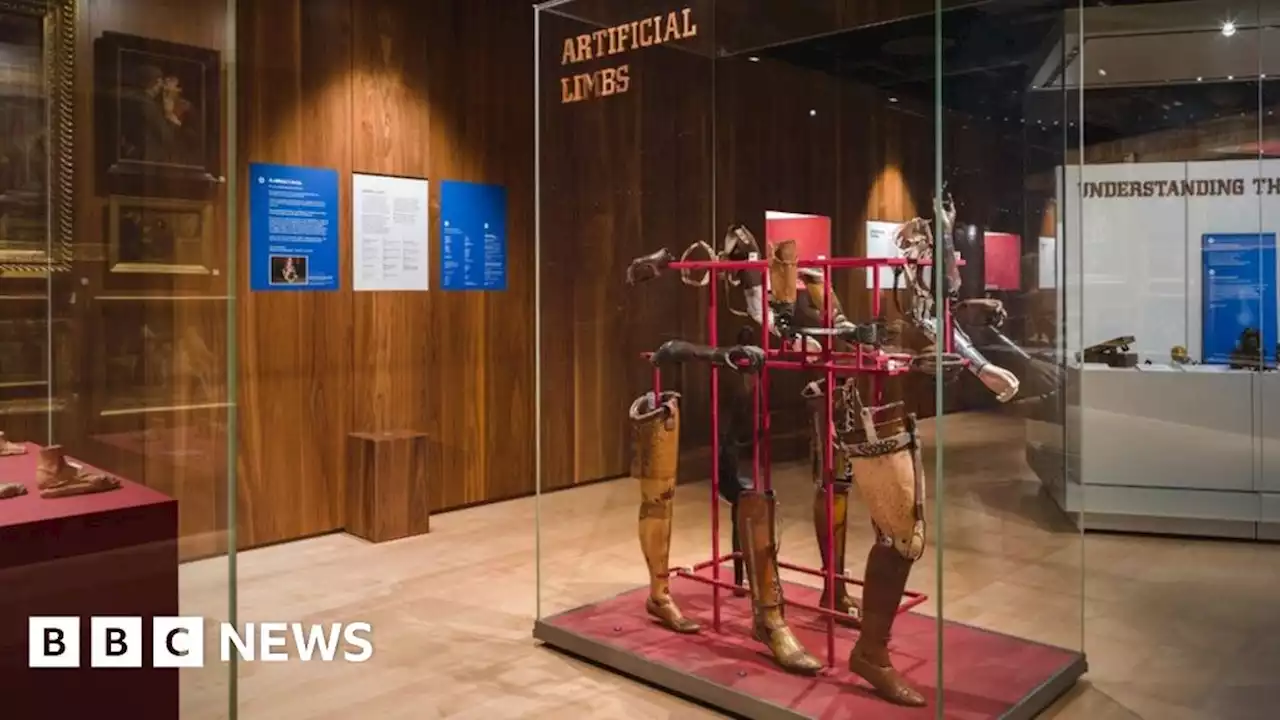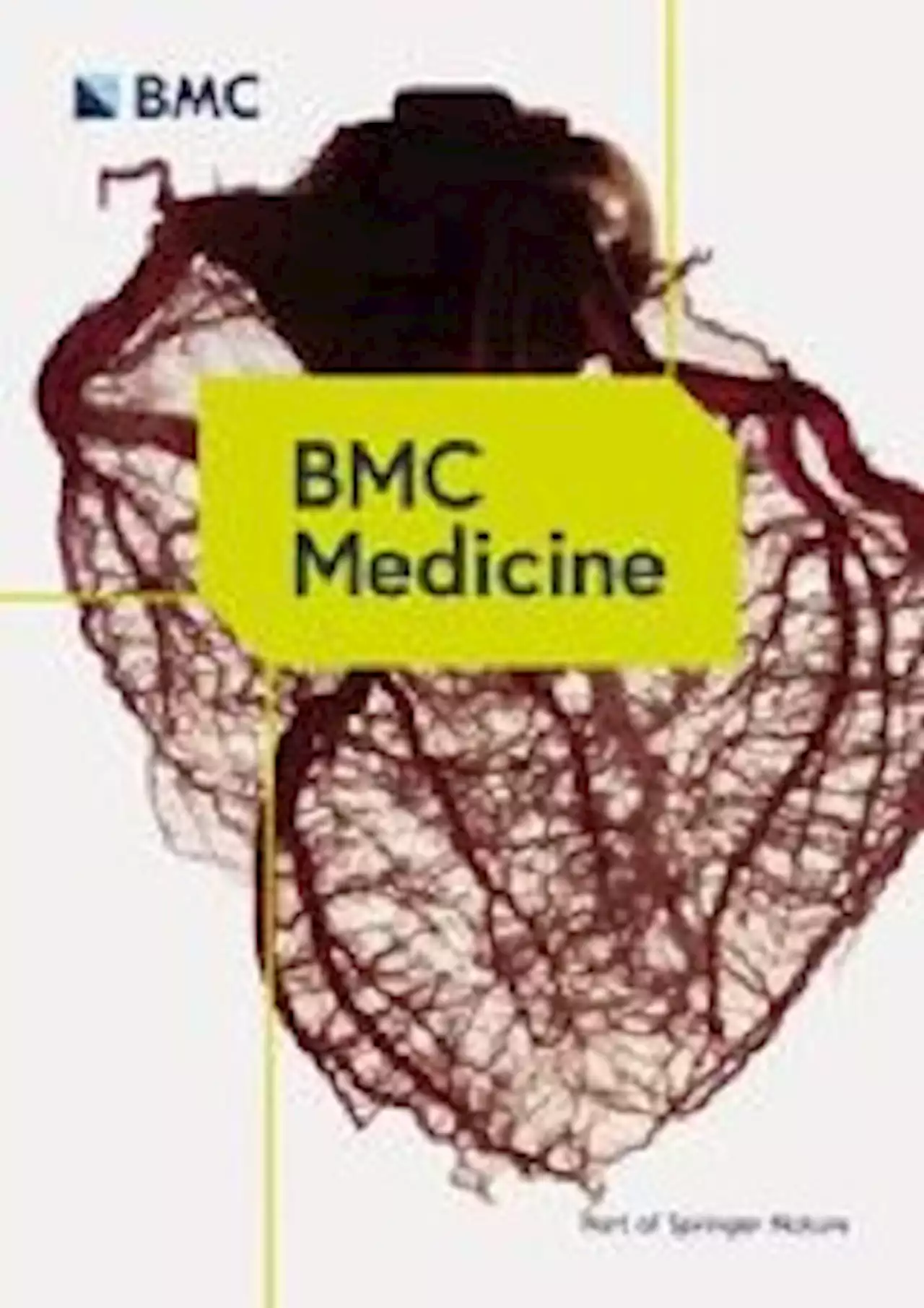Are nasal-spray vaccines the solution to respiratory infectious diseases? Infectious Diseases Respiratory Coronavirus Disease COVID19 RespiratorySyncytialVirus RSV TrendsMolecMed Chiba_Univ_PR UTokyo_News UABNews UCSanDiego
Review: Nasal vaccines: solutions for respiratory infectious diseases. Image Credit: Josep Suria / Shutterstock
Multiple administration sites have been considered for mucosal vaccines, such as oral, vaginal, rectal, and nasal mucosa. Nasal administration elicits effective responses in the reproductive and respiratory tracts through the lymphocyte-homing pathway. Therefore, it is suggested as an effective and logical means to prevent respiratory and sexually-transmitting infections, including COVID-19.
The plasma cell-produced polymeric or dimeric IgA binds to the polymeric Ig receptor on epithelial cells and is transported as secretory IgA into the nasal cavity lumen. sIgA is pivotal in mucosal immunity for capturing upper respiratory tract pathogens and preventing adhesion to mucosal surfaces. Lab Diagnostics & Automation eBook Compilation of the top interviews, articles, and news in the last year. Download a copy today Besides viruses, bacteria-based delivery systems have been investigated. Specifically, Lactobacillus, a relatively safe organism, is a leading candidate for vaccine delivery due to its ability to deliver vaccine antigens directly to the nasal mucosa.
COVI-VAC, a live-attenuated vaccine under phase 3 evaluation, has improved safety due to the deletion of the furin cleavage site and the recoding of spike segments. The MV-014-212 vaccine, based on the spike protein, uses a live-attenuated respiratory syncytial virus vector and is evaluated in a phase 1 trial for safety and immunogenicity.
Danmark Seneste Nyt, Danmark Overskrifter
Similar News:Du kan også læse nyheder, der ligner denne, som vi har indsamlet fra andre nyhedskilder.
 #BerhalterOUT trends on Twitter as USA fans turn on boss despite England drawUSA fans incredibly turned on boss Gregg Berhalter following their goalless draw against England despite dominating Gareth Southgate’s side. Supporters took to social media where BerhalterOu…
#BerhalterOUT trends on Twitter as USA fans turn on boss despite England drawUSA fans incredibly turned on boss Gregg Berhalter following their goalless draw against England despite dominating Gareth Southgate’s side. Supporters took to social media where BerhalterOu…
Læs mere »
 7 travel trends for 2023 that will change the way you holidayEver heard of a hay-cation? Sign us up!
7 travel trends for 2023 that will change the way you holidayEver heard of a hay-cation? Sign us up!
Læs mere »
 Wellcome Collection closes 'racist, sexist and ableist' Medicine Man displayThe Wellcome Collection says its Medicine Man display will end on Sunday after a 15-year run.
Wellcome Collection closes 'racist, sexist and ableist' Medicine Man displayThe Wellcome Collection says its Medicine Man display will end on Sunday after a 15-year run.
Læs mere »
 Medicine Man display: Wellcome Collection museum in London shuts 'racist and sexist' medical history exhibitionThe Wellcome Collection's display, called Medicine Man, includes objects relating to sex, birth and death, and anatomical models in wood, ivory and wax dating back to the 17th century.
Medicine Man display: Wellcome Collection museum in London shuts 'racist and sexist' medical history exhibitionThe Wellcome Collection's display, called Medicine Man, includes objects relating to sex, birth and death, and anatomical models in wood, ivory and wax dating back to the 17th century.
Læs mere »
 Wellcome Collection closes 'racist, sexist and ableist' Medicine Man displayThe Wellcome Collection says its Medicine Man display will end on Sunday after a 15-year run.
Wellcome Collection closes 'racist, sexist and ableist' Medicine Man displayThe Wellcome Collection says its Medicine Man display will end on Sunday after a 15-year run.
Læs mere »
 Prednisolone does not improve olfactory function after COVID-19: a randomized, double-blind, placebo-controlled trial - BMC MedicineBackground Prednisolone has been suggested as a treatment for olfactory disorders after COVID-19, but evidence is scarce. Hence, we aimed to determine the efficacy of a short oral prednisolone treatment on patients with persistent olfactory disorders after COVID-19. Methods We performed a randomized, double-blind, placebo-controlled, single-centered trial in the Netherlands. Patients were included if they were | 18 years old and if they had persistent (| 4 weeks) olfactory disorders within 12 weeks after a confirmed COVID-19 test. The treatment group received oral prednisolone 40 mg once daily for 10 days and the placebo group received matching placebo. In addition, all patients performed olfactory training. The primary outcome was the objective olfactory function on Sniffin’ Sticks Test (SST) 12 weeks after the start of treatment, measured in Threshold-Discrimination-Identification (TDI) score. Secondary outcomes were objective gustatory function assessed by the Taste Strip Test (TST) and subjective self-reported outcomes on questionnaires about olfactory, gustatory and trigeminal function, quality of life, and nasal symptoms. The CONSORT 2010 guideline was performed. Results Between November 2021 and February 2022, we included 115 eligible patients, randomly assigned to the treatment (n = 58) or placebo group (n = 57). No difference in olfactory function between groups was obtained after 12 weeks. Median TDI score on SST was 26.8 (IQR 23.6–29.3) in the placebo group and 28.8 (IQR 24.0–30.9) in the prednisolone group, with a median difference of 2.0 (95% CI 0.75 to 1.5). There was similar improvement on olfactory function in both groups after 12 weeks. Furthermore, on secondary outcomes, we obtained no differences between groups. Conclusions This trial shows that prednisolone does not improve olfactory function after COVID-19. Therefore, we recommend not prescribing prednisolone for patients with persistent olfactory disorders after COVID-19. Trial registration Thi
Prednisolone does not improve olfactory function after COVID-19: a randomized, double-blind, placebo-controlled trial - BMC MedicineBackground Prednisolone has been suggested as a treatment for olfactory disorders after COVID-19, but evidence is scarce. Hence, we aimed to determine the efficacy of a short oral prednisolone treatment on patients with persistent olfactory disorders after COVID-19. Methods We performed a randomized, double-blind, placebo-controlled, single-centered trial in the Netherlands. Patients were included if they were | 18 years old and if they had persistent (| 4 weeks) olfactory disorders within 12 weeks after a confirmed COVID-19 test. The treatment group received oral prednisolone 40 mg once daily for 10 days and the placebo group received matching placebo. In addition, all patients performed olfactory training. The primary outcome was the objective olfactory function on Sniffin’ Sticks Test (SST) 12 weeks after the start of treatment, measured in Threshold-Discrimination-Identification (TDI) score. Secondary outcomes were objective gustatory function assessed by the Taste Strip Test (TST) and subjective self-reported outcomes on questionnaires about olfactory, gustatory and trigeminal function, quality of life, and nasal symptoms. The CONSORT 2010 guideline was performed. Results Between November 2021 and February 2022, we included 115 eligible patients, randomly assigned to the treatment (n = 58) or placebo group (n = 57). No difference in olfactory function between groups was obtained after 12 weeks. Median TDI score on SST was 26.8 (IQR 23.6–29.3) in the placebo group and 28.8 (IQR 24.0–30.9) in the prednisolone group, with a median difference of 2.0 (95% CI 0.75 to 1.5). There was similar improvement on olfactory function in both groups after 12 weeks. Furthermore, on secondary outcomes, we obtained no differences between groups. Conclusions This trial shows that prednisolone does not improve olfactory function after COVID-19. Therefore, we recommend not prescribing prednisolone for patients with persistent olfactory disorders after COVID-19. Trial registration Thi
Læs mere »
